Category: Events
-
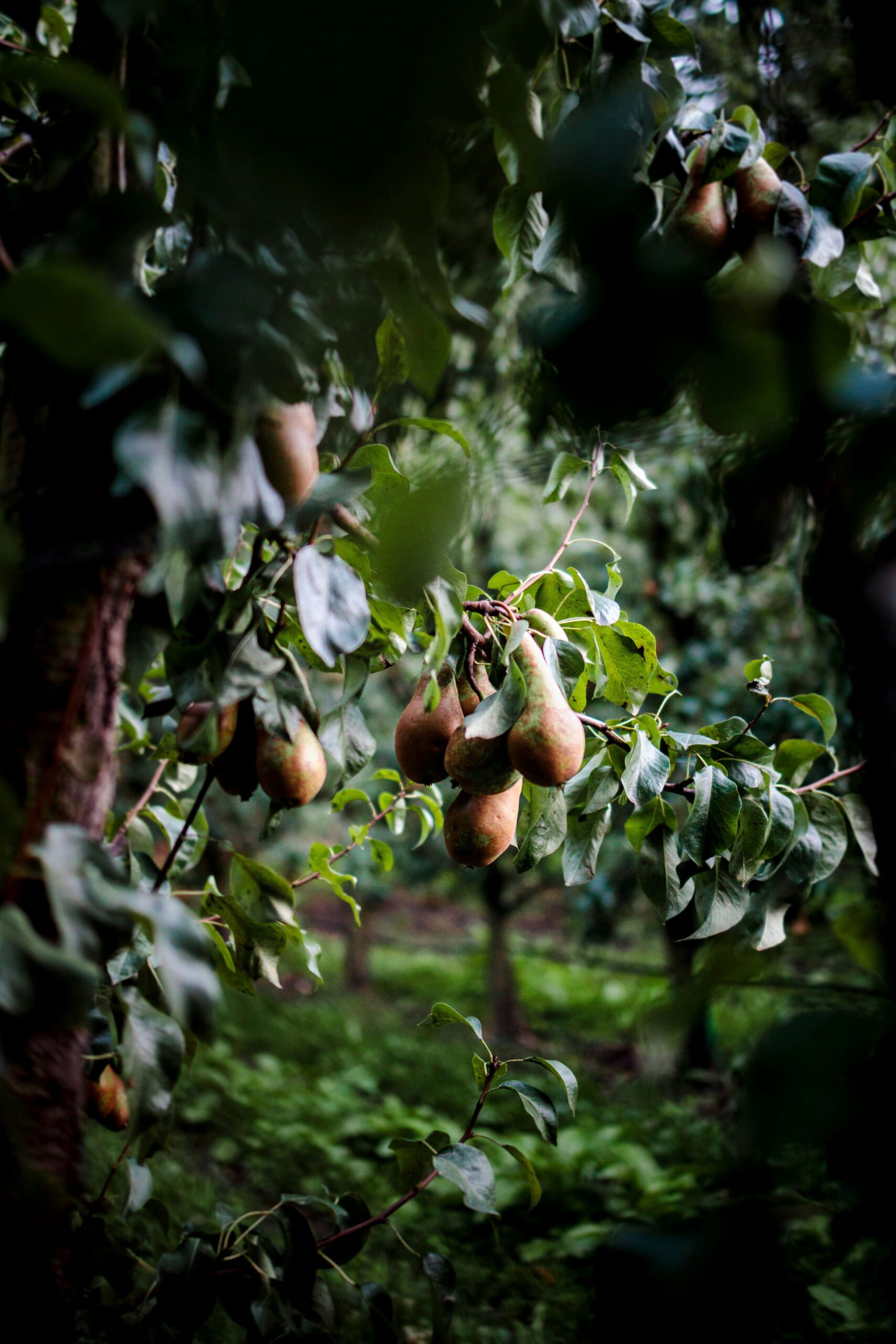
Talk: “Response of fruit farmers to climate change: Implications for policymakers.”
•
We are excited to welcome Paul Pechan for a guest talk titled: “Response of fruit farmers to climate change: Implications for policymakers.” When? Friday, May 23rd, 2 PMWhere? Akademiestraße 7, Munich, 6th floor, Room 609 The talk will draw on recent interdisciplinary research exploring the vulnerabilities and adaptive capacities of…
-
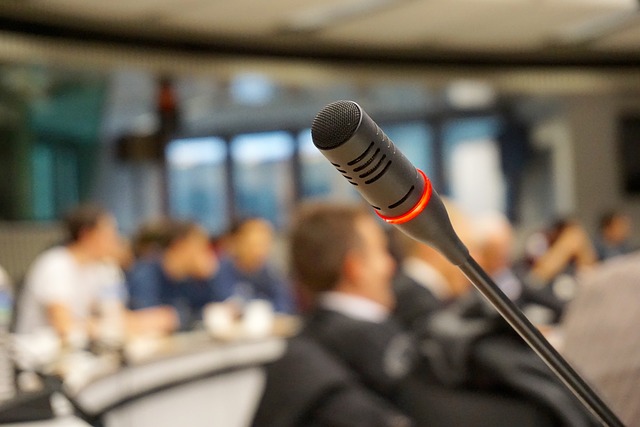
Communicating Planetary Health Conference
•
We are pleased to announce the joint annual conference of the Health Communication and Science Communication divisions of the German Communication Association (DGPuK), focusing on “Communicating Planetary Health.” The conference will take place from September 10 to 12, 2025, in Munich. Call for Papers Researchers are invited to submit anonymized…
-
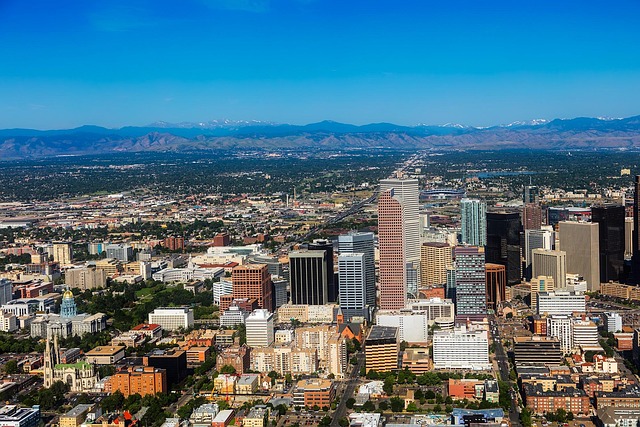
4th Science Communication Preconference
•
We are excited to announce the 4th Science Communication Preconference, taking place on June 12, 2025, as part of the 75th Annual Conference of the ICA in Denver. We can proudly say that Bernhard Goodwin and Lars Günther from the MSCL are part of the organizing team! The preconference explores…
-
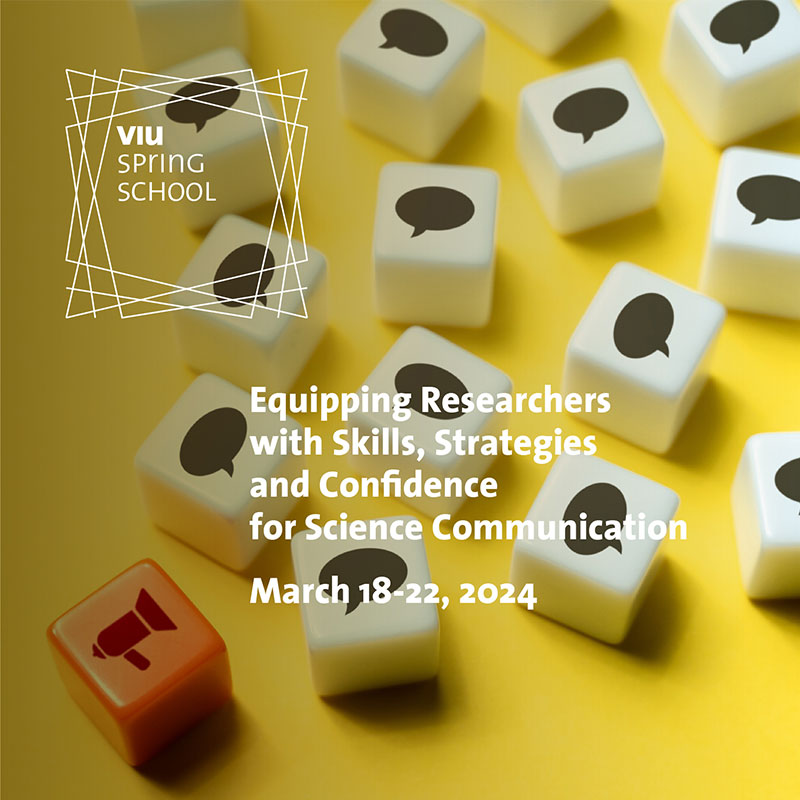
Venice International University Spring School 2024
•
Equipping Researchers with Skills, Strategies, and Confidence for Science Communication The Spring School will take place from March 18 to March 22, 2024, and the programme is now available. We are proud to share that three members of the Munich Science Communication Lab (MSCL) are part of the faculty: Julia…
-
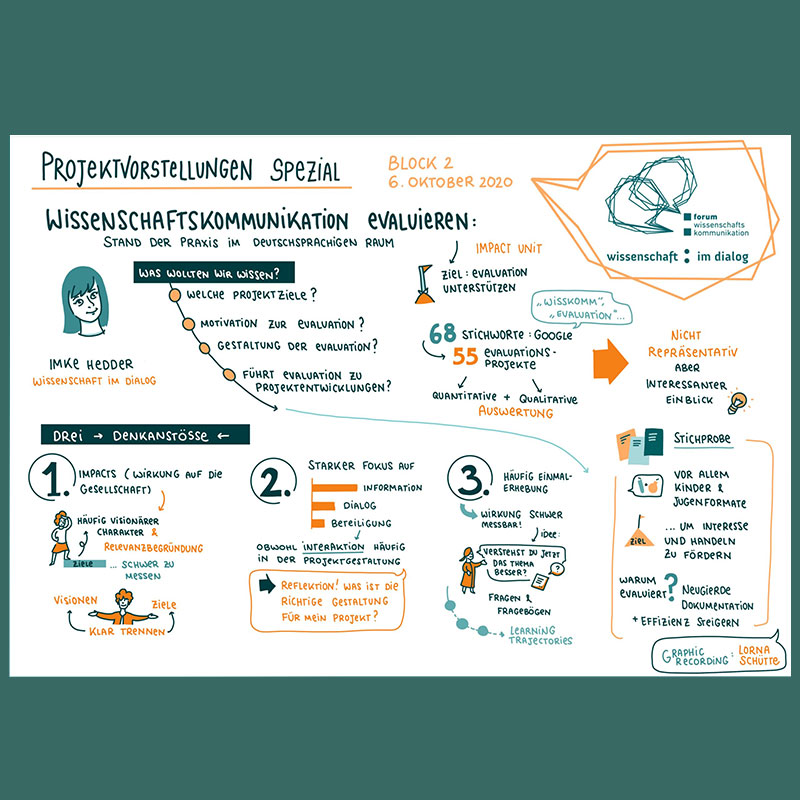
Evaluation in Science Communication
•
The Munich Science Communication Lab (MSCL) and the Impact Unit invite you to the joint conference “Evaluation in Science Communication” at the Ludwig-Maximilians-University in Munich. The conference will present and discuss current developments, challenges, and future perspectives of evaluations in science communication and will bring together insights from practice and…
-
18.07.2023 MSCL Colloquium – Prof. Dr. Lena Frischlich
•
We would like to invite you to our second July colloquium “Science in the Firestorm of Social Media: Research between Reach, Participation and Hate” on July 18th at 13:00 (German time). Prof. Dr. Lena Frischlich will give a science communication-oriented insight into the use, chances, and risks of science communication and reception in social media. In…
-
21.07.2023 „Dear Future Children“ Open Air Film Screening and Discussion
•
Another shout-out to all the film lovers out there: you are invited to a free open-air screening of the award-winning documentary “Dear Future Children” on July 21st at 21:15. The screening will take place at the garden of Hochschule für Fernsehen und Film München at Bernd-Eichinger-Platz 1, München. For the…
-
11.07.23 MSCL Colloquium – Paula Schwenke, MPH
•
We would like to invite you to our July colloquium “Designing a free online course on planetary health as a science communication method” on July 11th at 13:00 (German time). Paula Schwenke has a master’s in public health from LMU and is a scientific research associate at the Chair for Public Health and Health Services Research…
-
14.06.2023 “Son of Monarchs” Film Screening and Discussion
•
Film lovers and science enthusiasts: you are invited to attend a free screening of the prize-winning film “Son of Monarchs” by filmmaker Alexis Gambis on June 14th at 19:00. The screening will take place at the Audimax at Bernd-Eichinger-Platz 1, München. Following the screening, a Q&A session with Alexis Gambis…
-
Program “Authentic Voices in Science Communication.”
•
Post-Conference at the 73rd Annual Conference of the ICAMay 30, 2023 Full Schedule: Schedule PostCon ICA 2023
